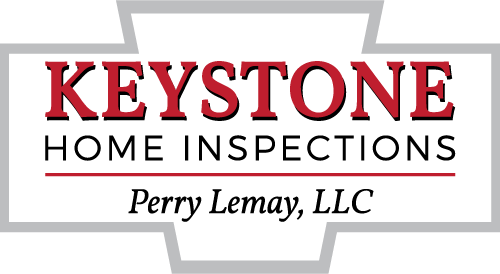-

The Inspection
Our fee for a single family home inspection is dependent on the age, total square footage and location of the home.
Experience a thorough & interactive home inspection that delves into the core elements and systems of your property. We encourage property owners to join us during the inspection to gain a thorough grasp of your home's intricate systems. We're here to address your inquiries, elucidate any identified concerns, and assist in establishing a maintenance roadmap for the upcoming months and years. Our process involves extensive visual documentation, capturing crucial moments through photographs that will seamlessly merge into a comprehensive written report.
This report, inclusive of recommendations and maintenance insights, will be promptly delivered to you electronically, typically within 24 hours. Unveil the insights your home holds and secure a comprehensive understanding of its condition with our experts.
-

Radon Testing
Radon is a colorless, odorless, and tasteless radioactive gas that is naturally present in soil and rocks, particularly granite. It is a byproduct of the decay of uranium and thorium. Radon can enter buildings, including homes, through the ground and building materials, and accumulate to potentially harmful levels.
Exposure to elevated levels of radon over an extended period of time is a significant health concern. Radon is the second leading cause of lung cancer after smoking and is responsible for thousands of lung cancer deaths each year. The radioactive particles released by radon decay can be inhaled and cause damage to lung tissue.
It's important to have your home tested for radon, especially if you live in an area known to have higher radon levels. Radon testing can be done with simple and inexpensive kits, and if elevated levels are detected, steps can be taken to mitigate the radon levels in your home. Professional radon mitigation systems can reduce radon concentrations to safer levels.
Prolonged exposure to high levels of radon can increase the risk of lung cancer. Testing your home for radon and taking appropriate actions to mitigate radon levels if necessary can help protect your health and the health of your loved ones.
-

Residential Water Testing
Regular testing of your water can help preserve the quality of your drinking water to ensure the health of your family. If you have a private well as your water supply, you are responsible for the testing of the water, and any necessary corrective treatment.
A water test assesses the safety and quality of the water supply in residential properties by conducting tests for parameters such as bacteria, coliforms, nitrates, lead, arsenic, pH levels, water hardness, chlorine and its byproducts, total dissolved solids (TDS), iron, manganese, sulfur, pesticides, and volatile organic compounds (VOCs). The specific tests performed depend on regional regulations, local water sources, and homeowner concerns. Water testing packages can vary in scope, with options for basic to comprehensive assessments tailored to property characteristics and client needs. It's essential to discuss specific concerns with the home inspector to ensure appropriate testing is conducted.
